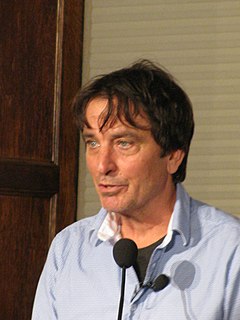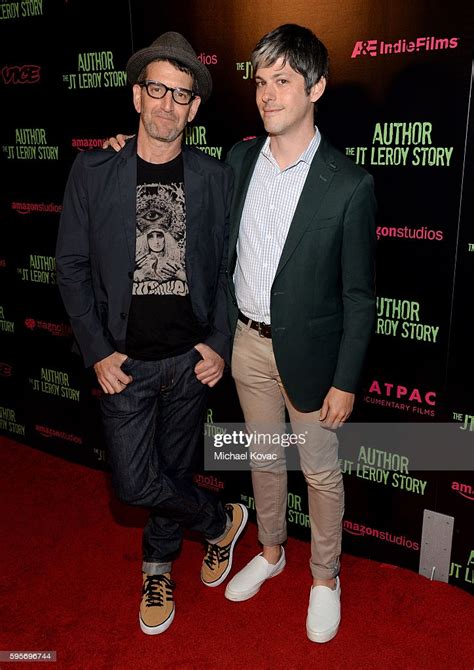A Quote by Nick Flynn
Writers, especially poets, are particularly prone to madness.
Quote Topics
Related Quotes
Writers, especially poets, are particularly prone to madness. There exists a striking association between creativity and manic depression. Why are more creative people prone to madness? They have more than average amounts of energies and abilities to see things in a fresh and original way—then because they also have depression, I think they’re more in touch with human suffering.
I don't see my artist friends as any more neurotic or addiction-prone than the others. The roommates I have had who were into triathlons or environmentalism were just as crazy as the poets, just as prone to tears over gardening or air conditioners, just as ready to kite a cheque or binge on cookie dough.
Poets seem to write more easily about love than prose writers. For a start, they own that flexible ‘I’…. Then again, poets seem able to turn bad love – selfish, shitty love – into good love poetry. Prose writers lack this power of admirable, dishonest transformation. We can only turn bad love into prose about bad love. So we are envious (and slightly distrustful) when poets talk to us of love.
I tend to like the way poets form communities. Writing can be lonely after all. Modern life can be lonely. Poets do seem to be more social than fiction writers. This could be because of poetry's roots in the oral tradition - poetry is read aloud and even performed. I'm just speculating, of course. At any rate, because poets form these groups, they learn from one another. That is one of the best things about being a poet.





































